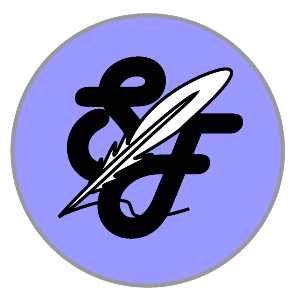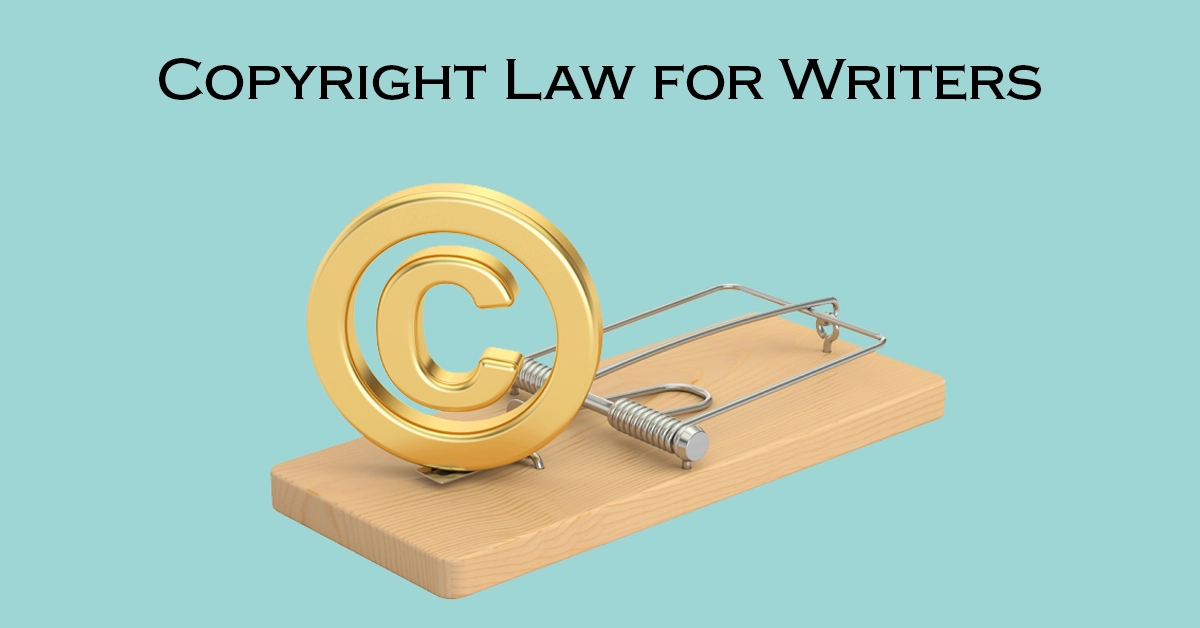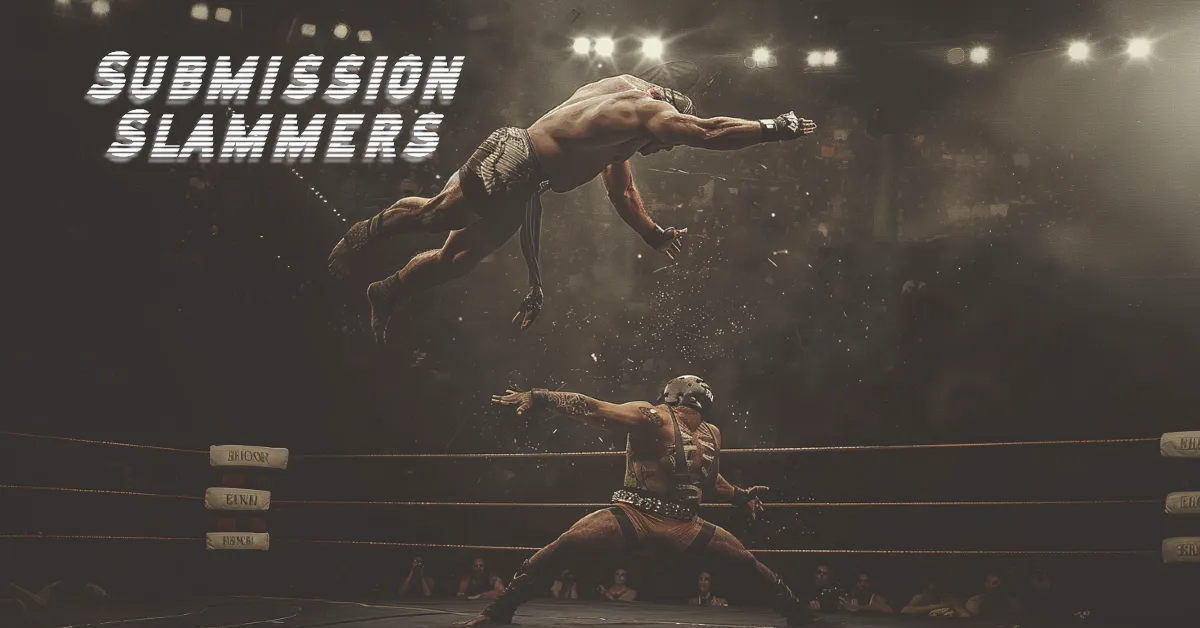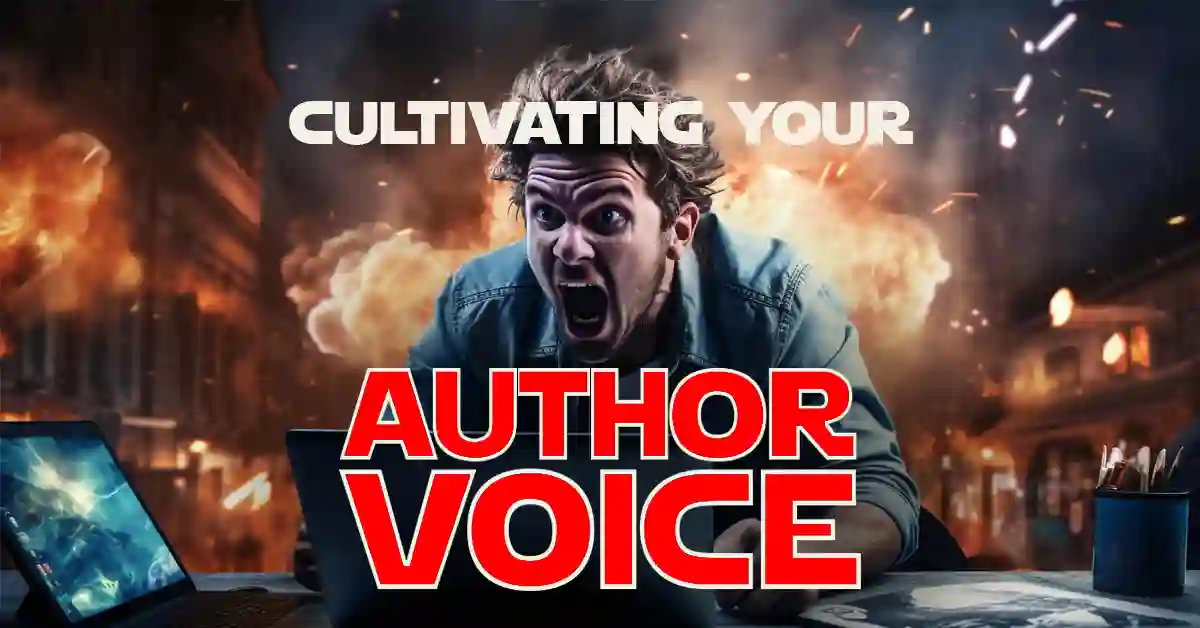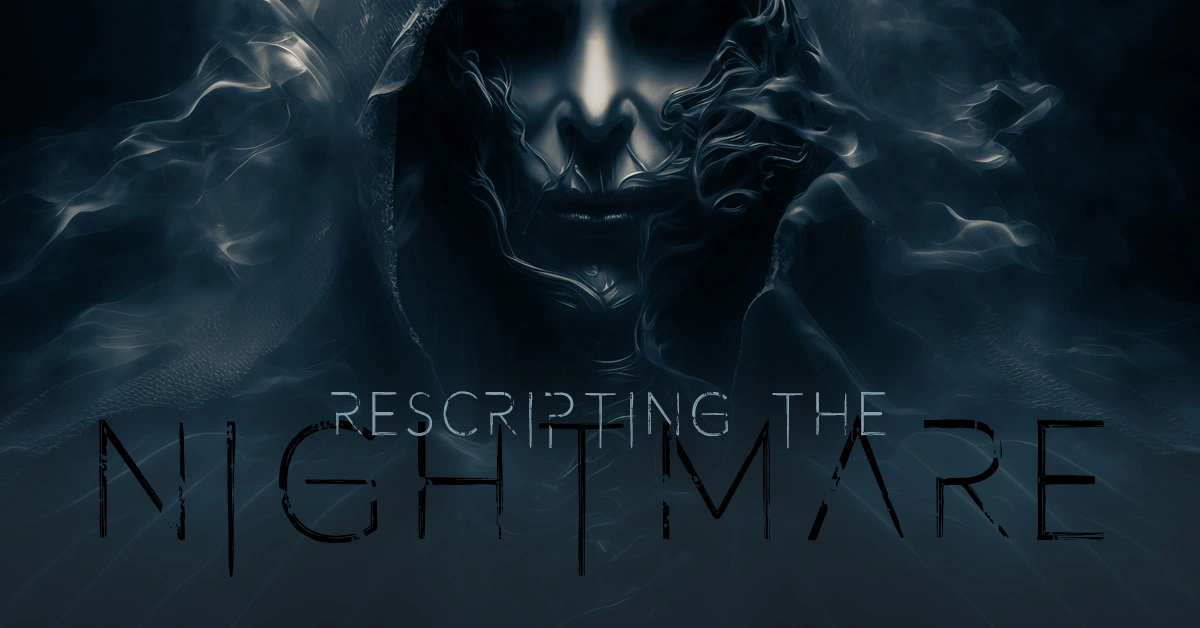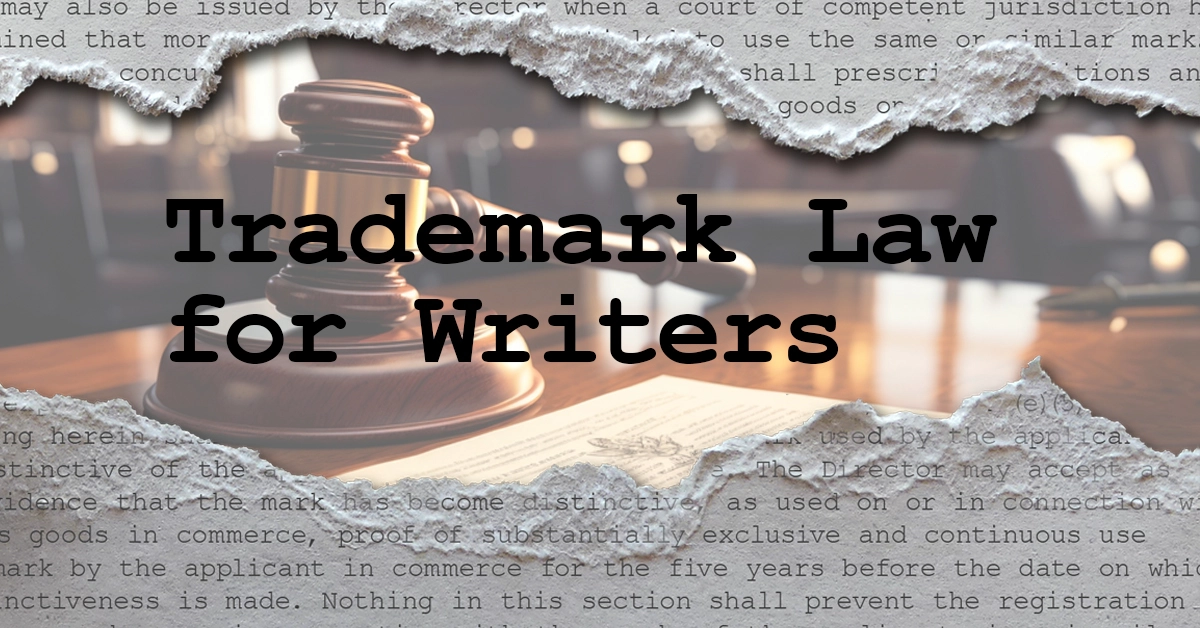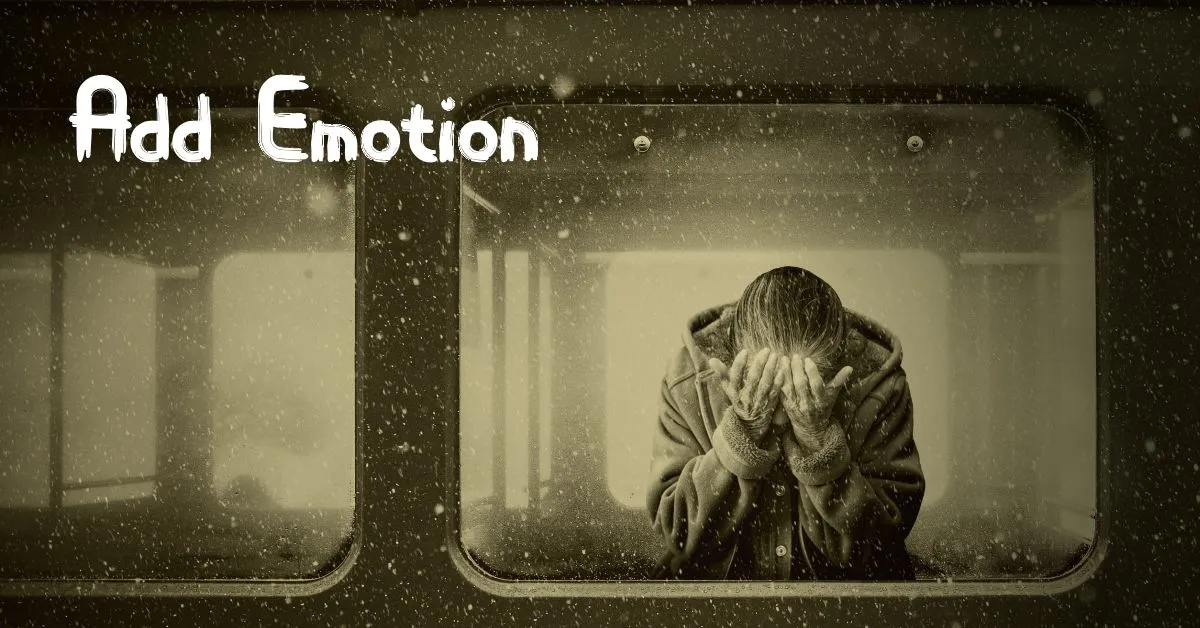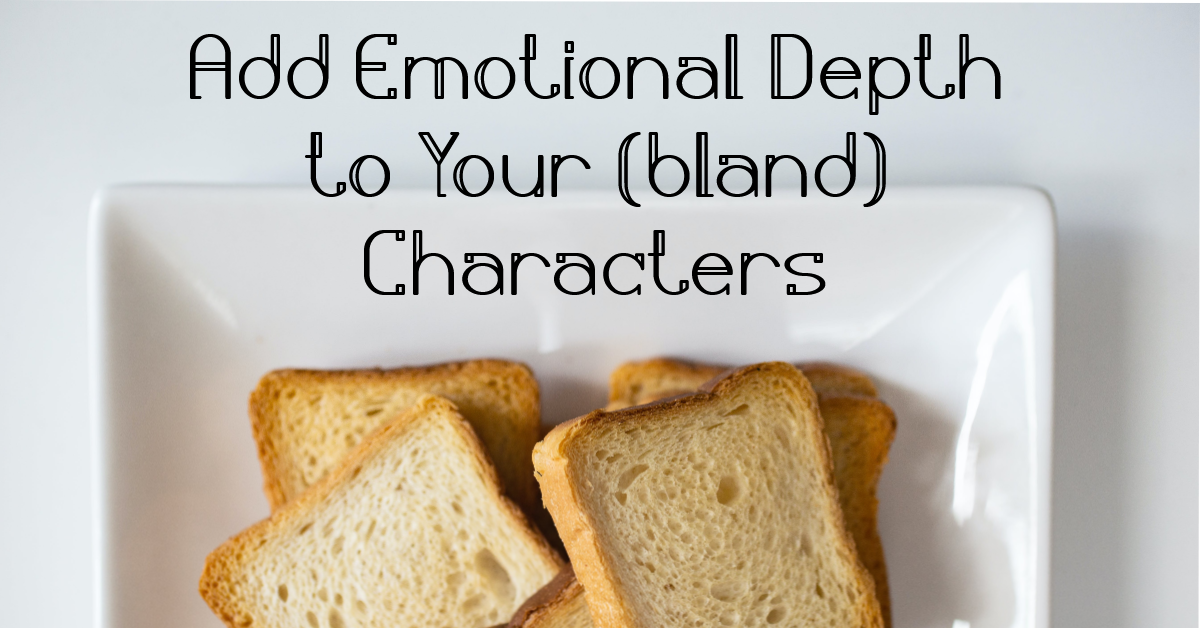Plot Devices: Propelling Your Story
Whether you’re a “panster” with a predisposition to write your way straight into a sagging middle or a “plotter” who struggles to get the beats just right so you can sit down and write already, having a firm command of plot devices can be the game changer you need to …
